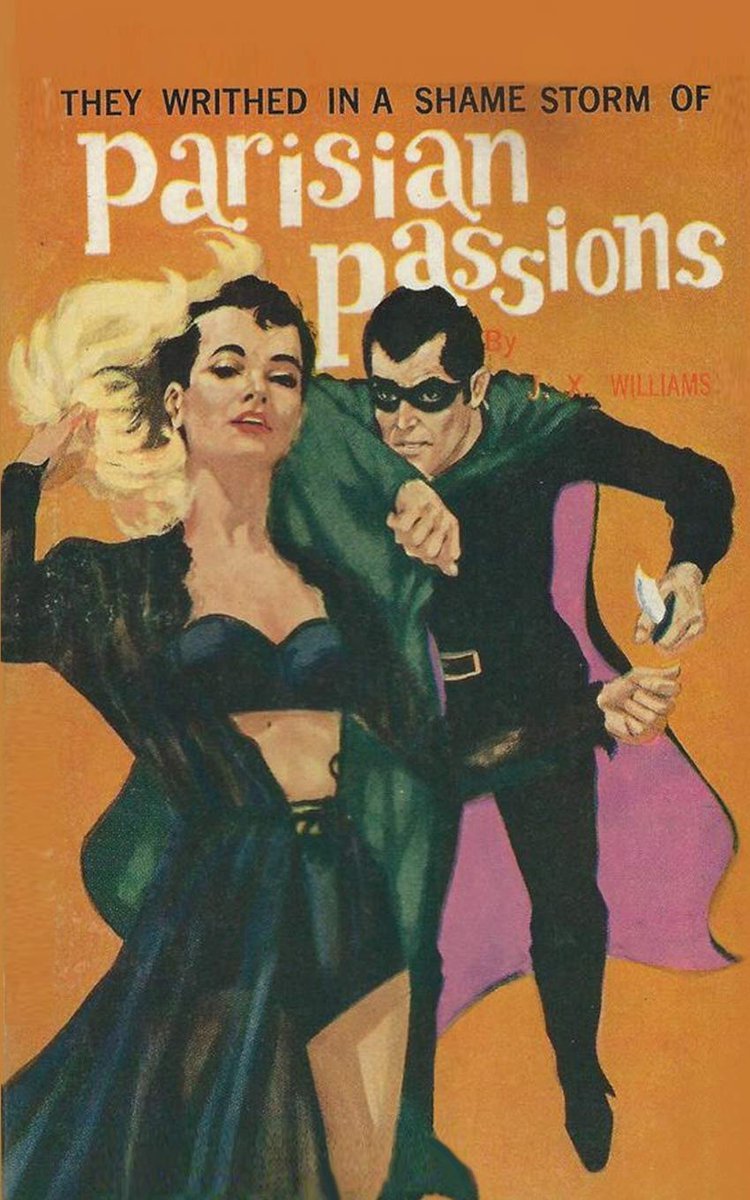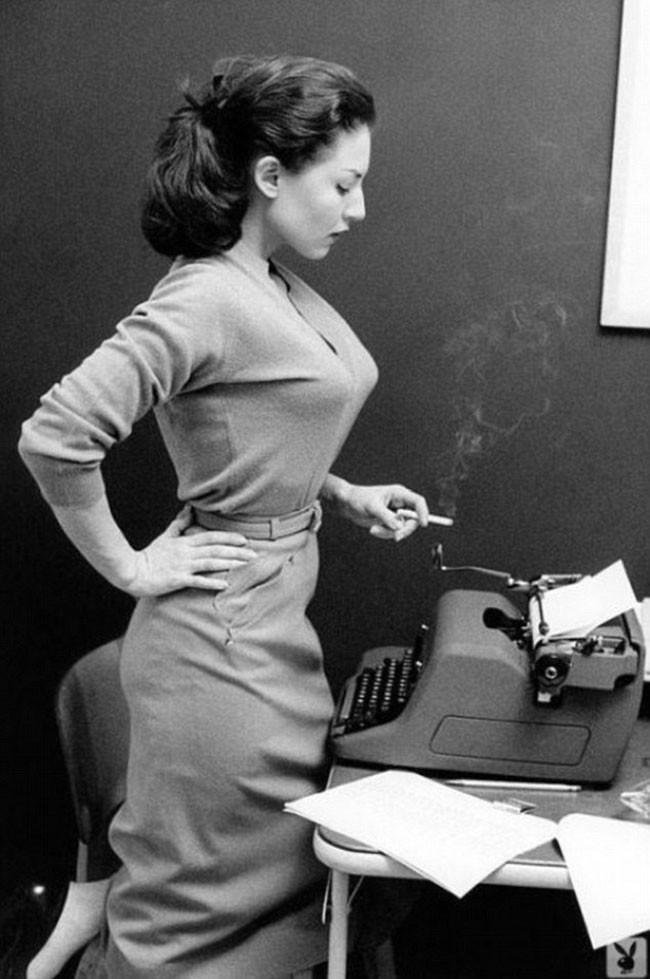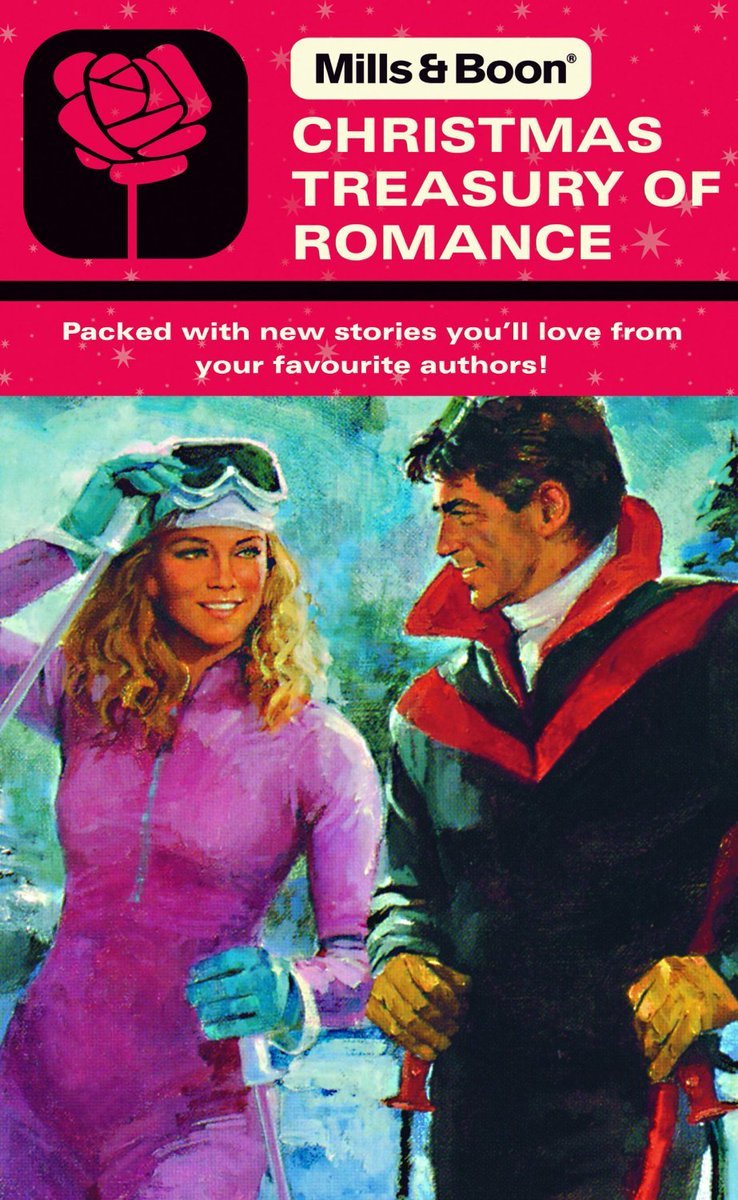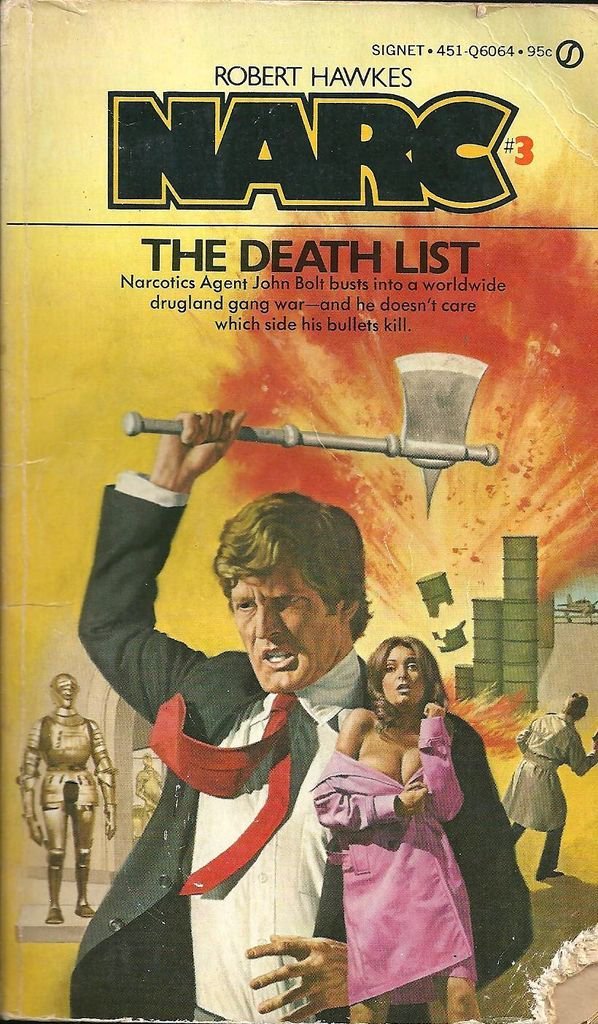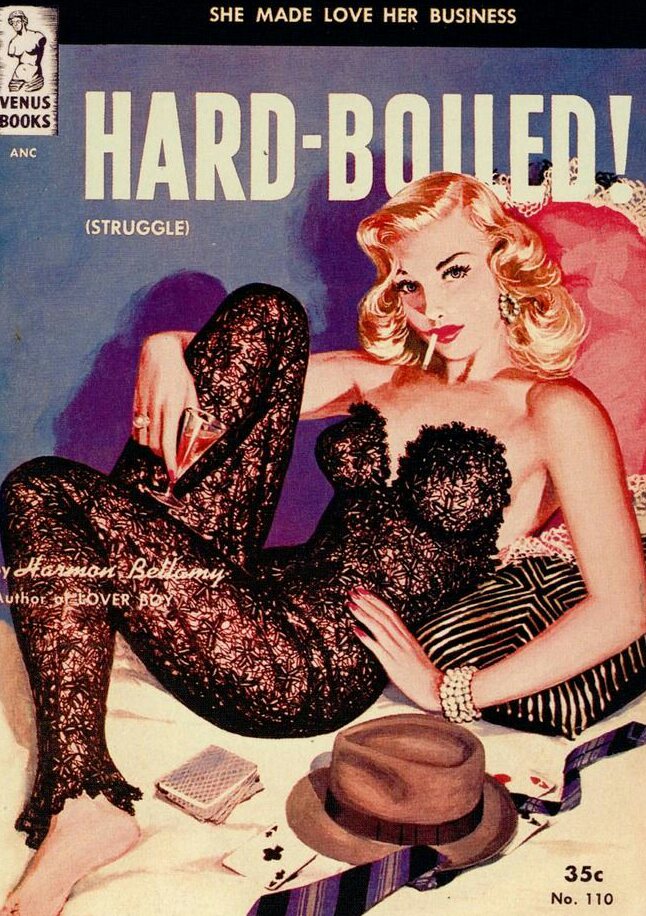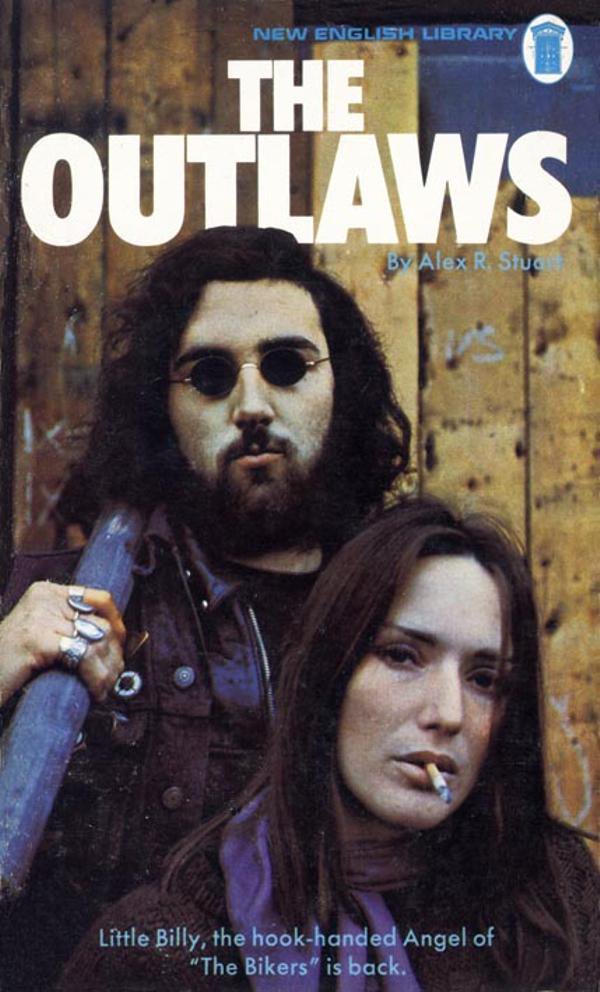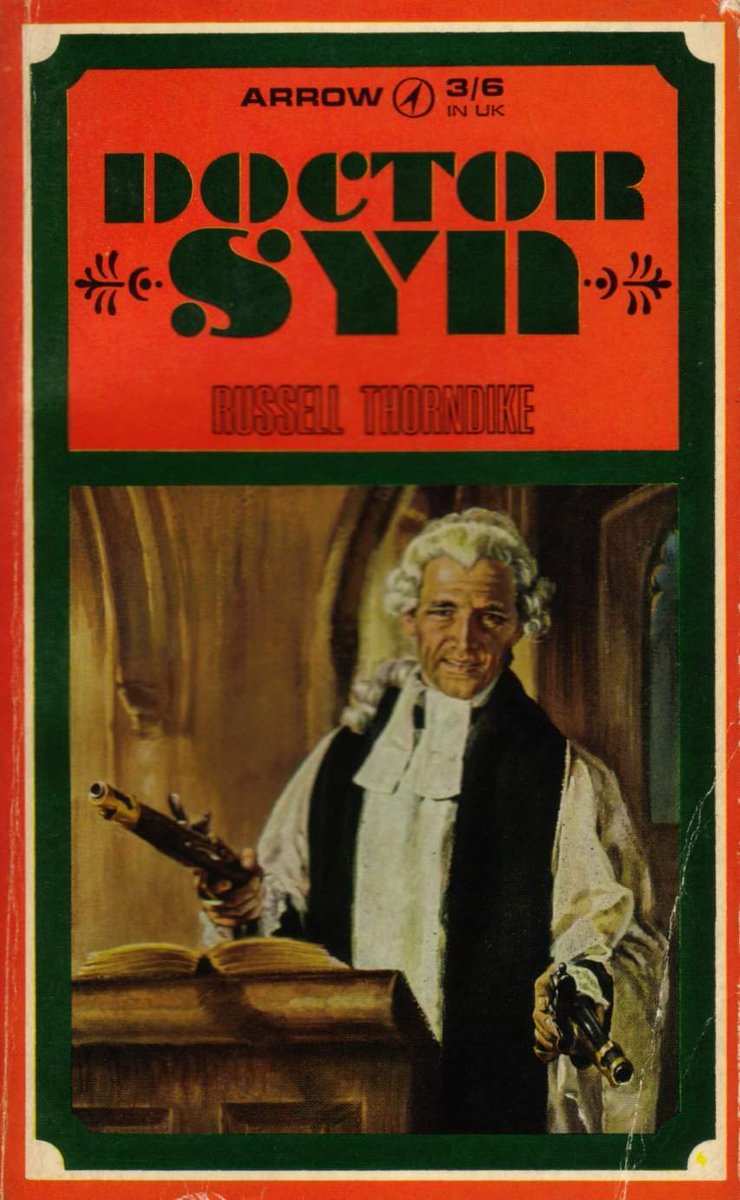As we all know a good title is essential if you're trying to make a potential reader pick up your book. But in the world of pulp the title has to do a little more than this. 

First it has to confirm the genre. Pulp is very much a genre-based business and readers need to know what kind of story they're getting into. 



Finally it needs to signal the author's tone of voice and attitude. Is the book serious or lighthearted for instance? 



Having read several thousand pulp novels over the years (don't thank me, it's what I do) I've also noted several key words that frequently appear in the titles. Each is a sure sign that you are holding a pulp novel, rather than something long and unreadable by Jonathan Franzen. 
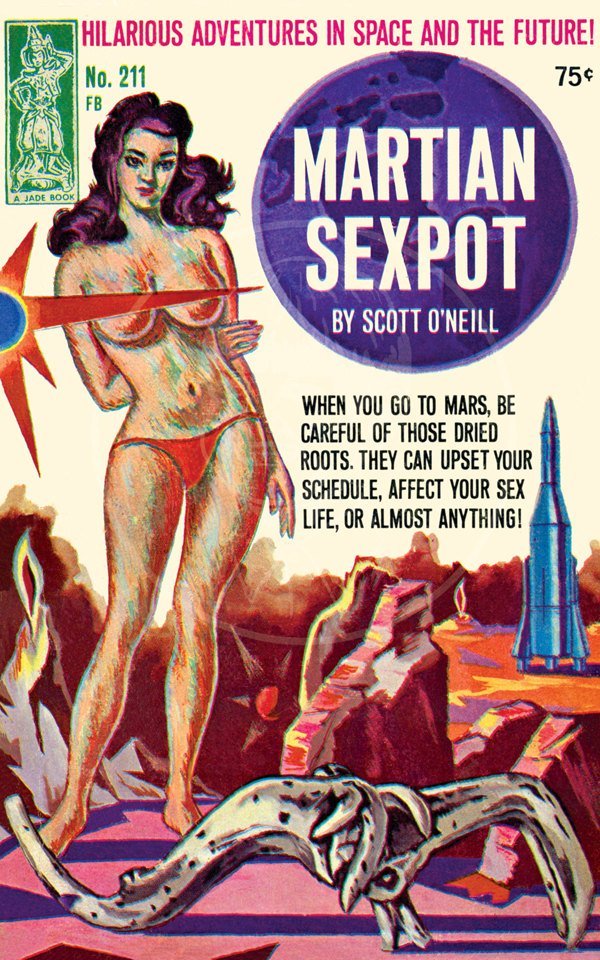
Is any form of storm occurring? Again, this is a sure sign you are looking at a pulp novel rather than a weather forecast. 



Is anyone or anything borne at all? Borne is a peculiar word that only appears in pulp literature or the occasional Seamus Heaney poem. Yes, those two things are different. 



Pulp titles also lean heavily on atmosphere and description. The world of pulp often involves shadows for instance. 



The most important point is this: don't be boring! People read pulp for thrills, excitement and weird kicks, so make sure your title lets them know that's your bag.
More writing tips another time...
More writing tips another time...

• • •
Missing some Tweet in this thread? You can try to
force a refresh























